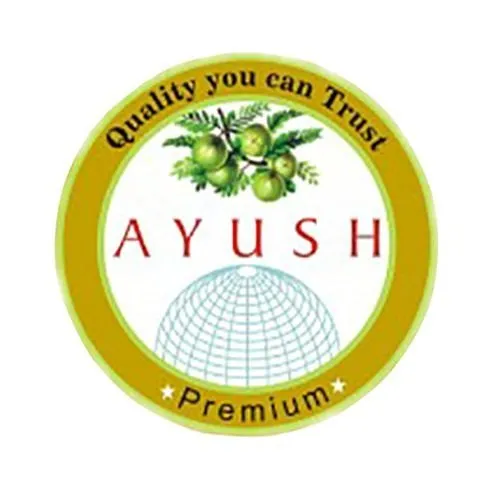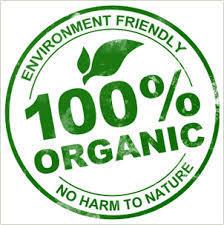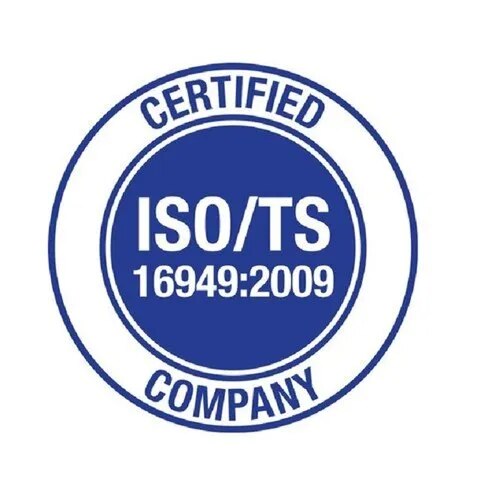Empowering Ethical Business Practices with SEDEX SMETA Audit By Shark Certification Pvt. Ltd., Indore In today’s global marketplace, ethical sourcing and transparent business practices have become key differentiators. At Shark Certification Pvt. Ltd., we help organizations align with internationally recognized ethical standards through guidance and support for SEDEX SMETA (Sedex Members Ethical Trade Audit). Understanding SEDEX and SMETA It’s important to clarify that SEDEX (Supplier Ethical Data Exchange) is not a certification body, and there is no official “SEDEX certification.” Instead, SEDEX provides a collaborative platform where businesses can manage and share data related to ethical performance across global supply chains. The SMETA audit methodology, developed by the SEDEX membership, is a recognized audit protocol designed to evaluate ethical business practices in four key areas: Labour Standards Health & Safety Environmental Management Business Ethics SMETA allows companies to undergo a single audit and share the results with multiple customers, reducing the need for repeated assessments and saving time and resources. Benefits of SMETA Audit Participation By conducting a SMETA audit and becoming a member of SEDEX, your organization can: Demonstrate compliance with ethical and social standards Meet legal, regulatory, and contractual obligations Boost supplier credibility and win customer trust Enhance access to global markets and export opportunities Increase productivity through improved working conditions Mitigate risks using SEDEX’s risk assessment tools Reduce audit fatigue by sharing reports with multiple clients Whether your customer is requesting an audit or you're proactively building a more transparent supply chain, SMETA adds measurable value to your business operations. SMETA Audit Types: 2-Pillar vs 4-Pillar There are two types of SMETA audits: 2-Pillar Audit: Covers Labour Standards and Health & Safety 4-Pillar Audit: Includes the 2-pillar components, plus Environmental Practices and Business Ethics The type of audit depends on customer requirements and the nature of your business. SMETA Audit Process with Shark Certification Pvt. Ltd. At Shark Certification Pvt. Ltd. in Indore, we provide comprehensive consulting and audit preparedness services for SMETA audits. Our step-by-step approach ensures a smooth and efficient process: Gap Analysis – Evaluation of current systems against SMETA criteria Documentation Review – Guidance on policies, procedures, and legal compliance Employee Training – Sessions to raise awareness across the workforce Mock Audit – Simulated audit to identify potential non-conformities Remedial Action Plan – Assistance in closing any gaps or findings Audit Coordination – Liaison with SEDEX-approved auditors and platform support Ongoing Compliance Support – Post-audit improvements and re-evaluation assistance Why Choose Shark Certification Pvt. Ltd.? ✅ Located in Indore, serving businesses across India ✅ Experienced consultants well-versed in SEDEX SMETA protocols ✅ Personalized services tailored to your business needs ✅ Transparent and reliable support throughout the audit lifecycle ✅ Cost-effective solutions for both SMEs and large-scale manufacturers ✅ Training and tools to help maintain long-term compliance Get Started with SEDEX SMETA Today If your customers are requesting ethical trade assessments or you're ready to elevate your sustainability credentials, let Shark Certification Pvt. Ltd. guide your journey. We ensure that your business not only meets SEDEX expectations but also stands out as a socially responsible organization in your industry. Contact us today to learn more about SEDEX SMETA audits, and how our expert consultants can support your success.




